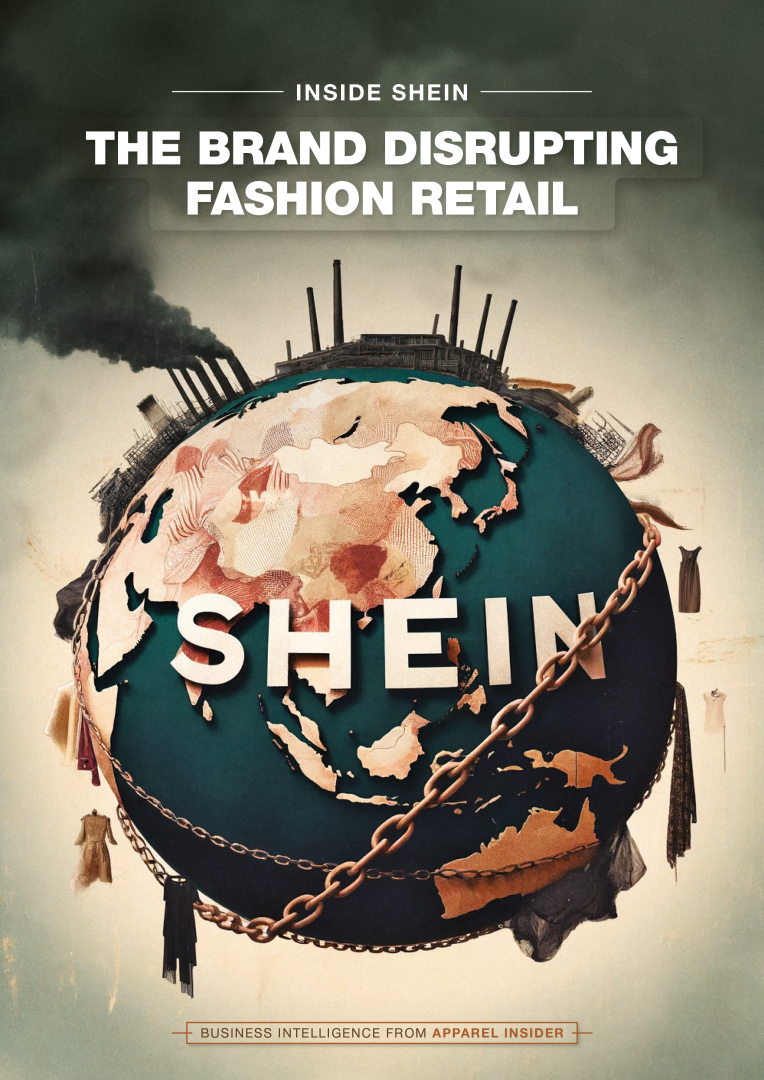AMSTERDAM – International apparel brands including Marks & Spencer, Puma, Fast Retailing, G-Star, Debenhams and Next are among more than 150 brands yet to renew their commitment to the Bangladesh Accord factory safety deal in Bangladesh. The initiative was set up after the collapse of the Rana Plaza textile factory which killed more than 1,100 people and has so far seen more than US$55m invested in safety monitoring, training of health and safety committees, and site inspections.
While more than 1,600 factories are covered by the programme, it comes to an end in May. Another agreement beyond 2018 has been on the table since last summer, and has the support of brands such as H&M, Inditex, Primark, Benetton and Adidas.
However, many brands have delayed signing up to an extension of the deal, according go data accessed by the Clean Clothes Campaign, while Sainsbury’s has already said it will not sign up. It is not clear yet why brands haven’t signed, although significant resistance to the Accord’s extension from within Bangladesh and a general apathy among factory owners are possible concerns. There have also been indicators that the Bangladeshi government itself is becoming frustrated with what it perceives as interference from international brands and agencies within what is by far its largest commercial sector, garment manufacture.
Costs will doubtless also be a factor, given that the original Accord saw a financial outlay for the largest brands of US$500,000 a year before they were also asked to pay for any work needed in factories from which they source. The new deal will last for three years maximum with reviews every six months to assess whether the Bangladeshi government is ready to take over its work, with contributions capped at €300,000 (£263,000) annually.
Image courtesy of Clean Clothes Campaign








